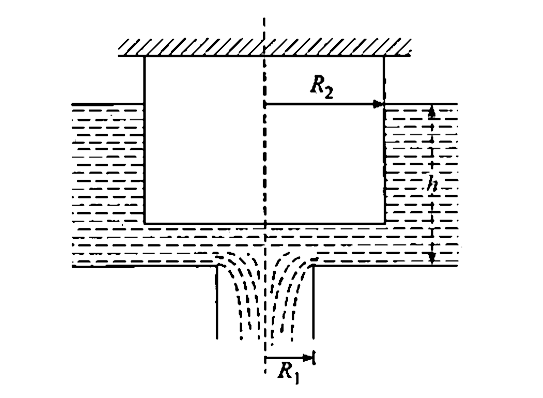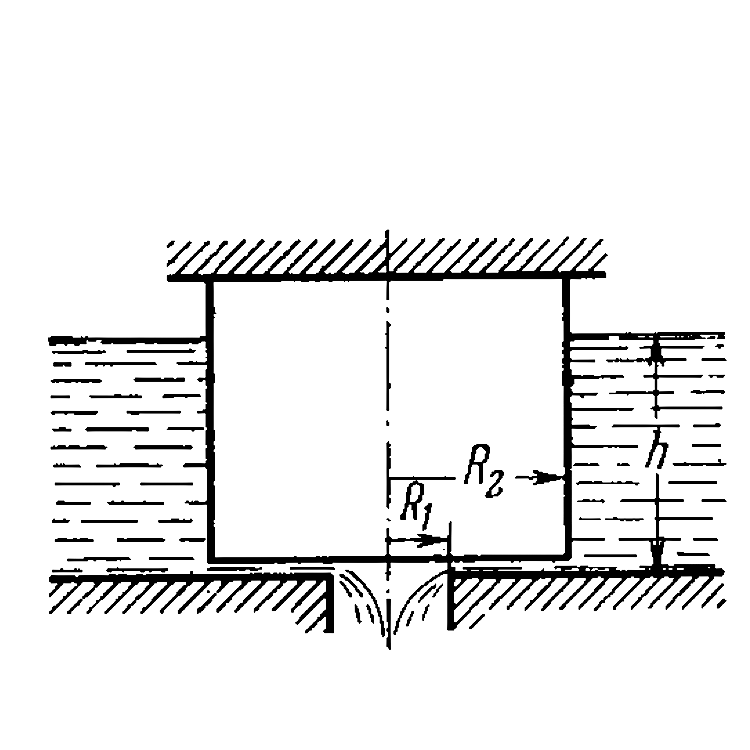What is an ideal fluid ?
Step-by-Step Solution:
1. Definition of Ideal Fluid: An ideal fluid is a theoretical concept used in fluid mechanics to simplify the analysis of fluid flow. It is defined by three key characteristics.
2. First Condition - Incompressibility: The first condition for a fluid to be considered ideal is that it must be incompressible. This means that the density of the fluid remains constant regardless of the pressure applied to it. In practical terms, this implies that the fluid does not change its volume or density when subjected to external forces.
3. Second Condition - Irrotational Flow: The second condition is that the fluid must be irrotational. This means that the fluid's flow does not involve any rotation about its center of mass. In other words, there should be no torque acting on the fluid, ensuring that all parts of the fluid move in a uniform manner without swirling or eddying.
4. Third Condition - Non-viscosity: The third and most critical condition is that the fluid must be non-viscous. A non-viscous fluid does not exhibit any internal friction or resistance between its layers. This means that there are no viscous forces acting to impede the flow of the fluid, allowing it to move freely without energy loss due to friction.
5. Conclusion: If a fluid meets all three conditions—being incompressible, irrotational, and non-viscous—it can be classified as an ideal fluid. This concept is essential in fluid dynamics as it allows for the simplification of equations and models used to describe fluid behavior.
Topper's Solved these Questions
- Mechanical Properties of fluidsBOOK - SL ARORACHAPTER - Mechanical Properties of fluidsEXERCISE - Exercise
459 Videos
- Mathematical toolsBOOK - SL ARORACHAPTER - Mathematical toolsEXERCISE - Exercise
20 Videos
- Mechanical Properties of SolidsBOOK - SL ARORACHAPTER - Mechanical Properties of SolidsEXERCISE - Example
113 Videos
Similar Questions
What is an ideal dipole ?
View SolutionWhat is an ideal junction diode?
View SolutionState properties of an ideal fluid.
View SolutionWhat is an ideal gas ? Explain its main characteristics.
View SolutionWhat is meant by a fluid?
View SolutionWhat is pleural fluid? Why is it important?
View SolutionWhat are the qualities of an ideal liquid?
View SolutionWhat is an ideal gas? Under what conditions does a real gas behave ideally?
View SolutionThe horizontal bottom of a wide vessel with an ideal fluid has a round orifice of radius R1 over which a round closed cylinder is mounted, whose radius R2>R1figure. The clearance between the cylinder and the bottom of the vessel is very small, the fluid density is ρ. find the static pressure of the fluid in the clearance as a function of the distance r from the axis of the orifice (and the cylinder) , if the height of the fluid is equal to h.

View SolutionThe horizontal bottom of wide vessel with an ideal fluid has a round orifice of radius R1 over which a round closed cylinder is mounted, whose radius R2>R1 (figure). The clearance between the cylinder and the bottom of the vessel is very small, the fluid density is ρ. Find the static pressure of the fluid in the clearance as a function of the distance r from the axis of the orifice (and the cylinder), if the height of the fluid is equal to h.

View Solution
